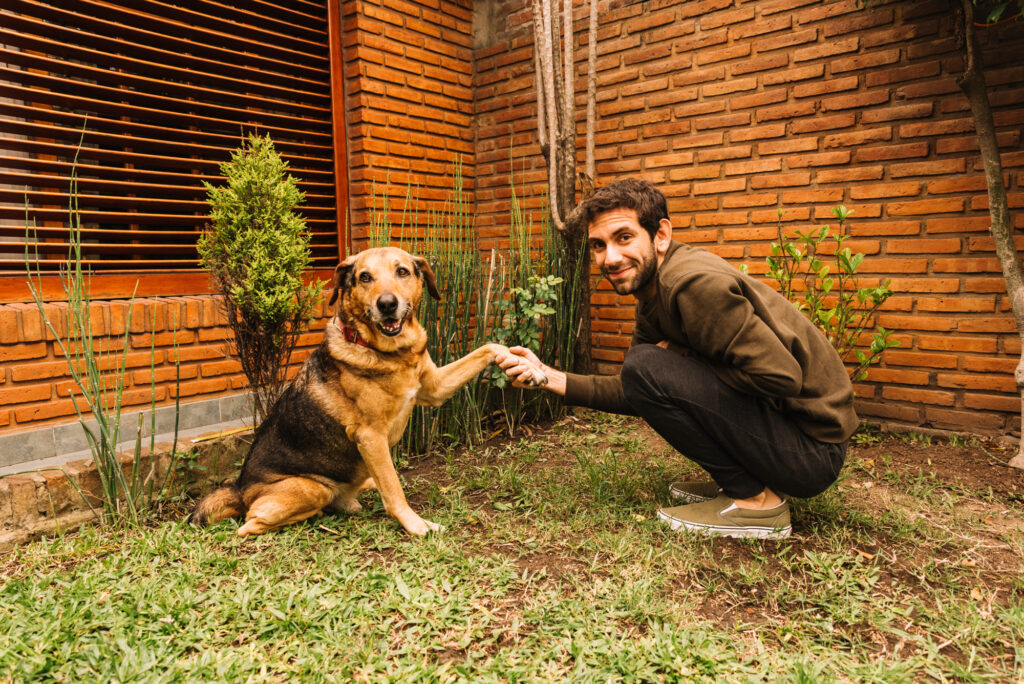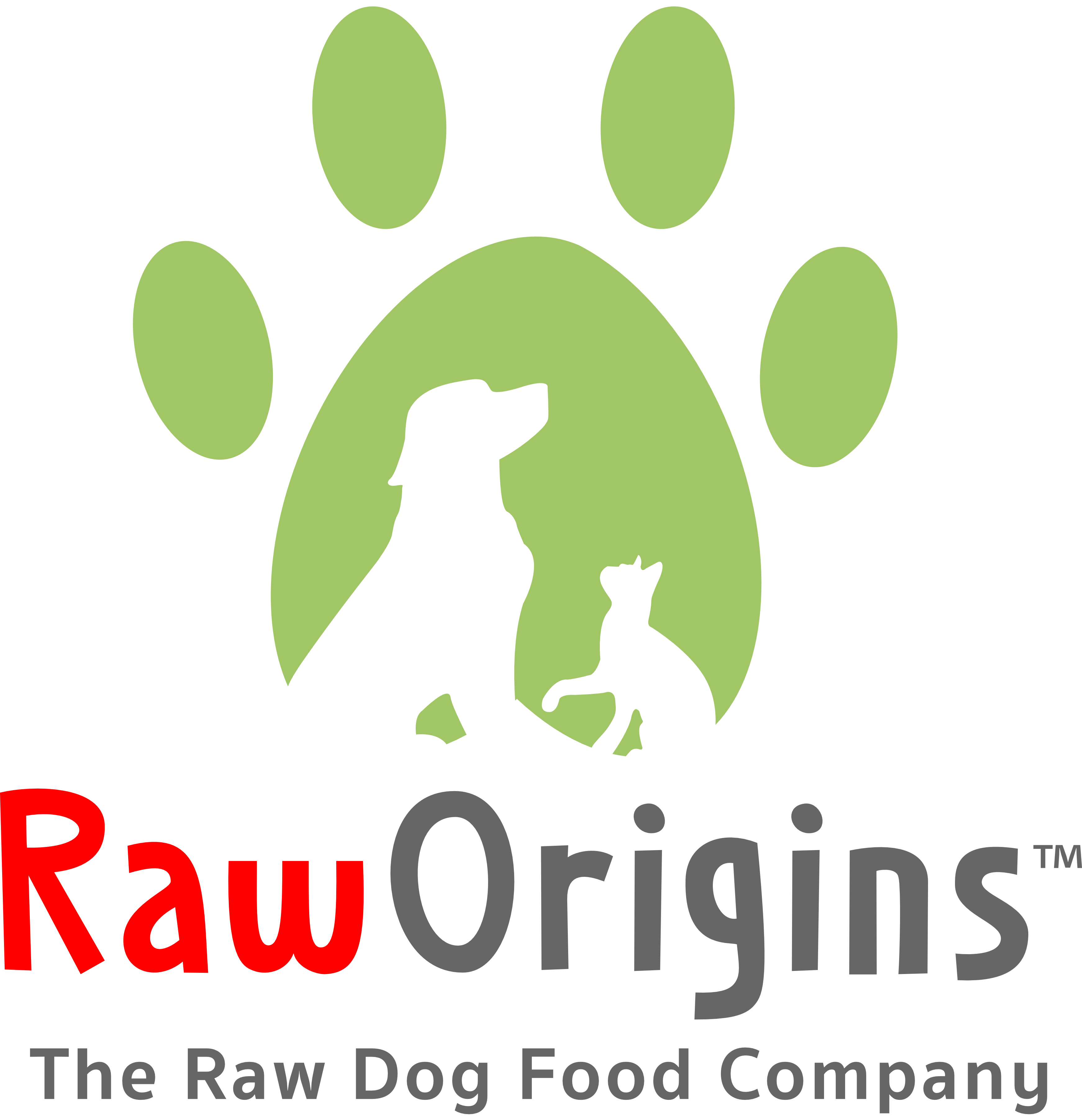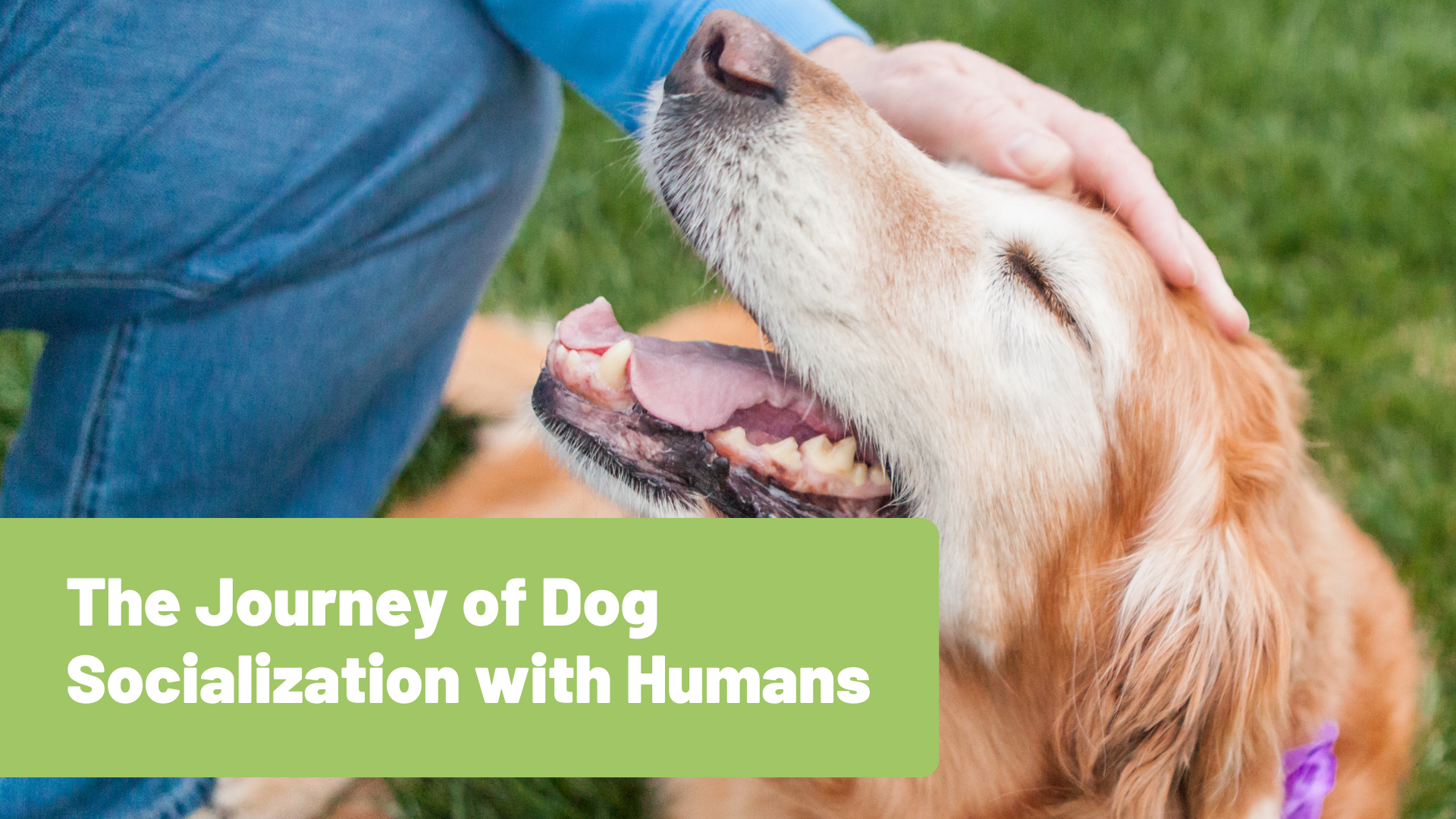Anyone who’s ever owned a dog knows that the bond between human and canine is a special one. But just like humans, dogs also need time, experience, and guidance to navigate the complexities of social relationships. For our four-legged friends, socializing with humans is a journey that often begins in puppyhood and continues throughout their life. Let’s explore this intriguing journey of dog socialization with humans.
The Importance of Early Exposure
The foundation for successful dog-human interaction starts young. Puppies have a critical socialization window between 3 and 14 weeks of age. During this time, exposing them to a variety of people, experiences, and environments can set the stage for well-adjusted adulthood. Positive interactions during this period can help reduce the likelihood of fear, aggression, or anxiety later in life.
Steps to Effective Socialization
Positive Reinforcement: Always reward your dog for calm and polite behavior around people. Treats, praises, or toys can be effective rewards.
Varied Interactions: Expose your dog to different types of people, including children, the elderly, and people wearing various outfits (hats, sunglasses, uniforms). This helps them understand that humans, despite appearances or age, are friends.
Controlled Situations: Initially, introduce your dog to calm environments, gradually increasing the level of human activity as they become more confident.
Respect Their Pace: Some dogs might be naturally wary. Don’t force interactions; instead, let your dog approach at their own comfort level.
Classes & Training: Puppy classes or obedience training can be a controlled environment for your dog to interact with both humans and other dogs.
Dealing with Setbacks

It’s not uncommon for dogs to have setbacks in their socialization journey. Maybe it’s a negative experience or a phase they are going through. During such times: Revert to basics. Go back to the initial steps of positive reinforcement and controlled situations. Consult with a dog behaviorist or trainer for specific guidance. Remember: patience is key.
The Lifelong Journey
Socialization isn’t just for puppies. Adult and senior dogs can also benefit from continuous social experiences. As life situations change – maybe a move to a new place, a new family member, or other significant shifts – dogs might need additional support to adjust.
To Sum It Up
The journey from paws to handshakes is filled with opportunities for bonding, learning, and growth for both the dog and the owner. As with any relationship, patience, understanding, and consistent effort lay the foundation for a lifelong bond. Embrace every step of this journey, and you’ll have a confident, happy, and sociable canine companion by your side. Get updated knowledge on how to feed raw, discounts, coupons, and holistic rearing at www.RawOrigins.pet.

